UK debt ‘will not fall to pre-2008 levels for 50 years’
Resolution Foundation condemns two decades of wage stagnation and says productivity worst since Napoleonic War

A free daily email with the biggest news stories of the day – and the best features from TheWeek.com
You are now subscribed
Your newsletter sign-up was successful
Britain faces the longest fall in living standards since records began - and its public debt will not fall below pre-crisis levels until the 2060s.
That is the withering assessment of the nation’s finances following Wednesday’s budget by two of the UK’s leading financial think tanks.
Reacting to downgraded growth forecasts from the Office for Budget Responsibility (OBR), the director of the Institute for Fiscal Studies, Paul Johnson, said: “If we were to maintain the deficit at the just over 1% of national income projected for the early 2020s, it would take us well past the 2060s for debt to fall to its pre-crisis levels of 40% of national income.”
The Week
Escape your echo chamber. Get the facts behind the news, plus analysis from multiple perspectives.

Sign up for The Week's Free Newsletters
From our morning news briefing to a weekly Good News Newsletter, get the best of The Week delivered directly to your inbox.
From our morning news briefing to a weekly Good News Newsletter, get the best of The Week delivered directly to your inbox.
This is contingent, said Johnson, on no further recessions for the next half century.
The Conservative government at first pledged to end public sector borrowing, which adds to the debt pile, by 2015, “but has been forced to push its deadline back” repeatedly, says City AM. Lower growth prospects mean Hammond’s targets to eliminate the deficit in day-to-day borrowing “are even further in the distance”, says the paper.
Johnson also said with wage rises continuing to lag behind inflation, average earnings for 2121 will be £1,400 lower than forecast in March last year, meaning workers are facing two “lost decades” without earnings growth.
The IFS post-Budget analysis, described as an “economic bombshell” by the London Evening Standard, found that - despite a £25bn giveaway on housebuilding, tech and the NHS - the Government’s spending plan is not the end of austerity, as other public services will still face a 7% cut in day-to-day spending over the next five years.
A free daily email with the biggest news stories of the day – and the best features from TheWeek.com
The Chancellor attempted to put a positive spin on progress to reduce net debt and abolish the deficit during his statement on Wednesday, “but lagging productivity and Brexit remain major stumbling blocks for the ailing economy”, which is now the slowest-growing in the G7, says The Independent.
Living standards squeeze
The gloomy IFS assessment came as another think tank, the Resolution Foundation, warned that living standards could face their biggest squeeze since records began in the 1950s.
The foundation also estimated that the OBR’s forecast showed on a ten-year rolling basis that productivity growth will fall to 0.1% by the end of 2017, “making it the worst decade for productivity since Napoleon invaded Russia in 1812”, notes Bloomberg.
“Faced with a grim economic backdrop the Chancellor will see this budget as a political success,” said Torsten Bell, the Resolution Foundation’s director, but that will “be cold comfort for Britain’s families given the bleak outlook it paints for their living standards.”
-
 Trump wants a weaker dollar but economists aren’t so sure
Trump wants a weaker dollar but economists aren’t so sureTalking Points A weaker dollar can make imports more expensive but also boost gold
-
 Political cartoons for February 3
Political cartoons for February 3Cartoons Tuesday’s political cartoons include empty seats, the worst of the worst of bunnies, and more
-
 Trump’s Kennedy Center closure plan draws ire
Trump’s Kennedy Center closure plan draws ireSpeed Read Trump said he will close the center for two years for ‘renovations’
-
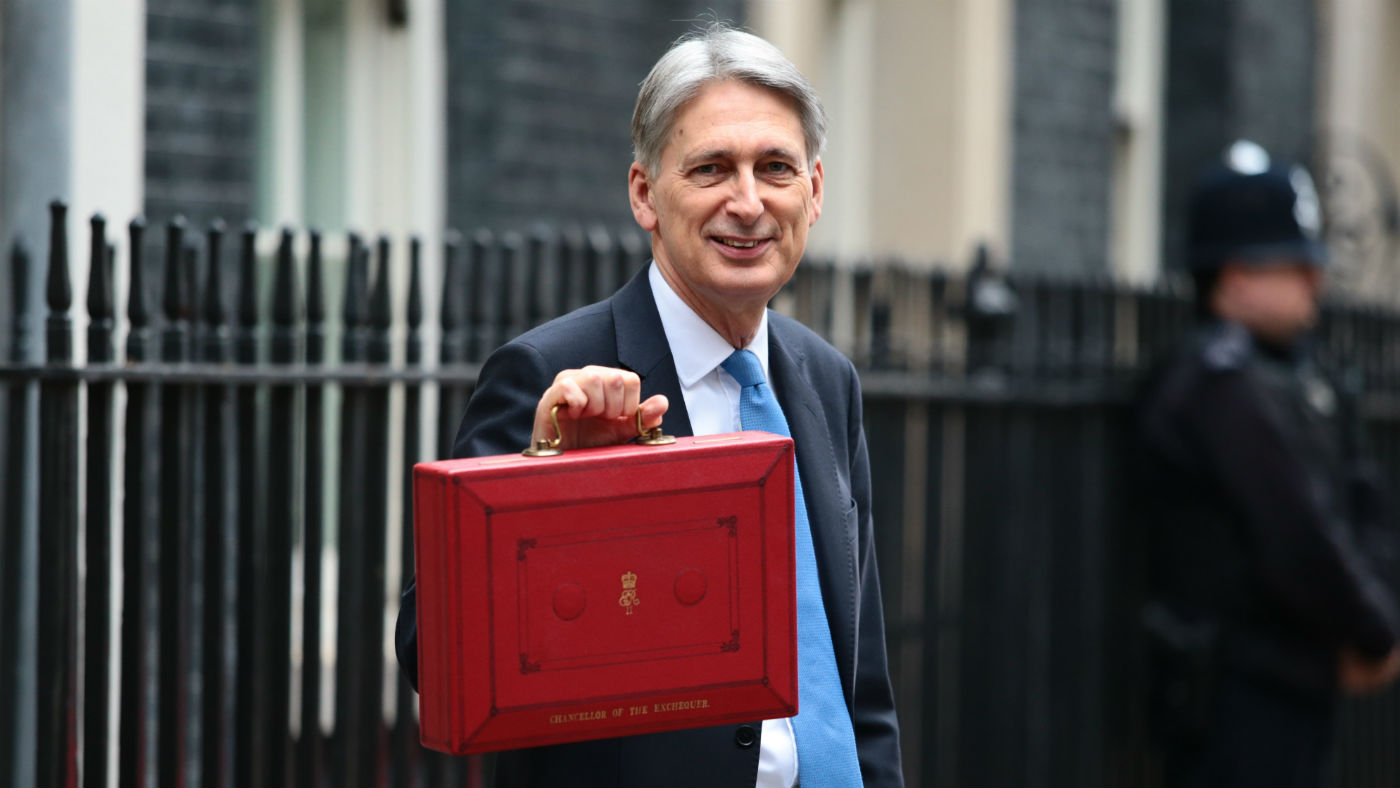 No-deal Brexit would require emergency budget, says Hammond
No-deal Brexit would require emergency budget, says HammondSpeed Read Chancellor warns end to austerity plan due to be announced today could be cancelled in a no-deal scenario
-
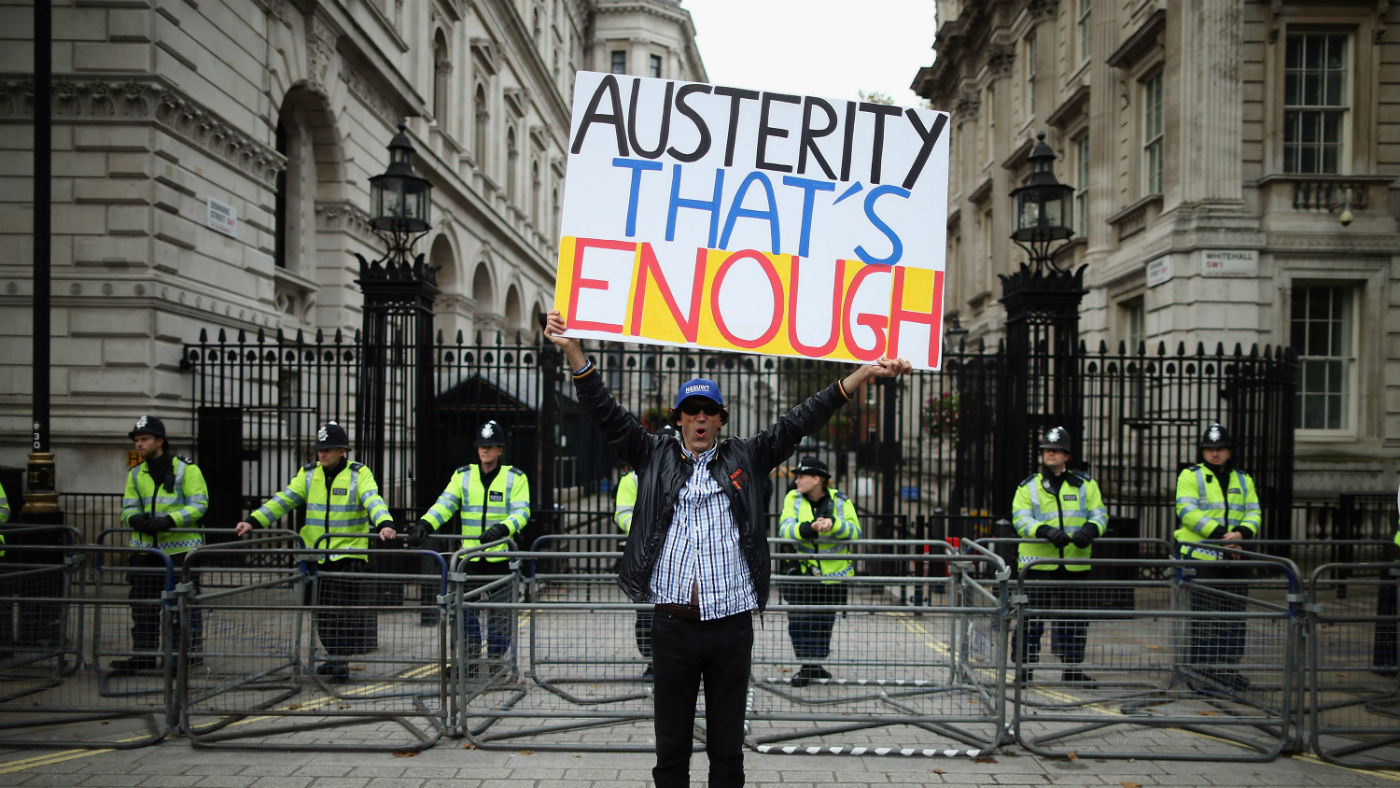 End austerity or eliminate the deficit?
End austerity or eliminate the deficit?Speed Read Theresa May faces ‘stark choice’ as IFS warns of massive tax hikes needed to ease squeeze on public services
-
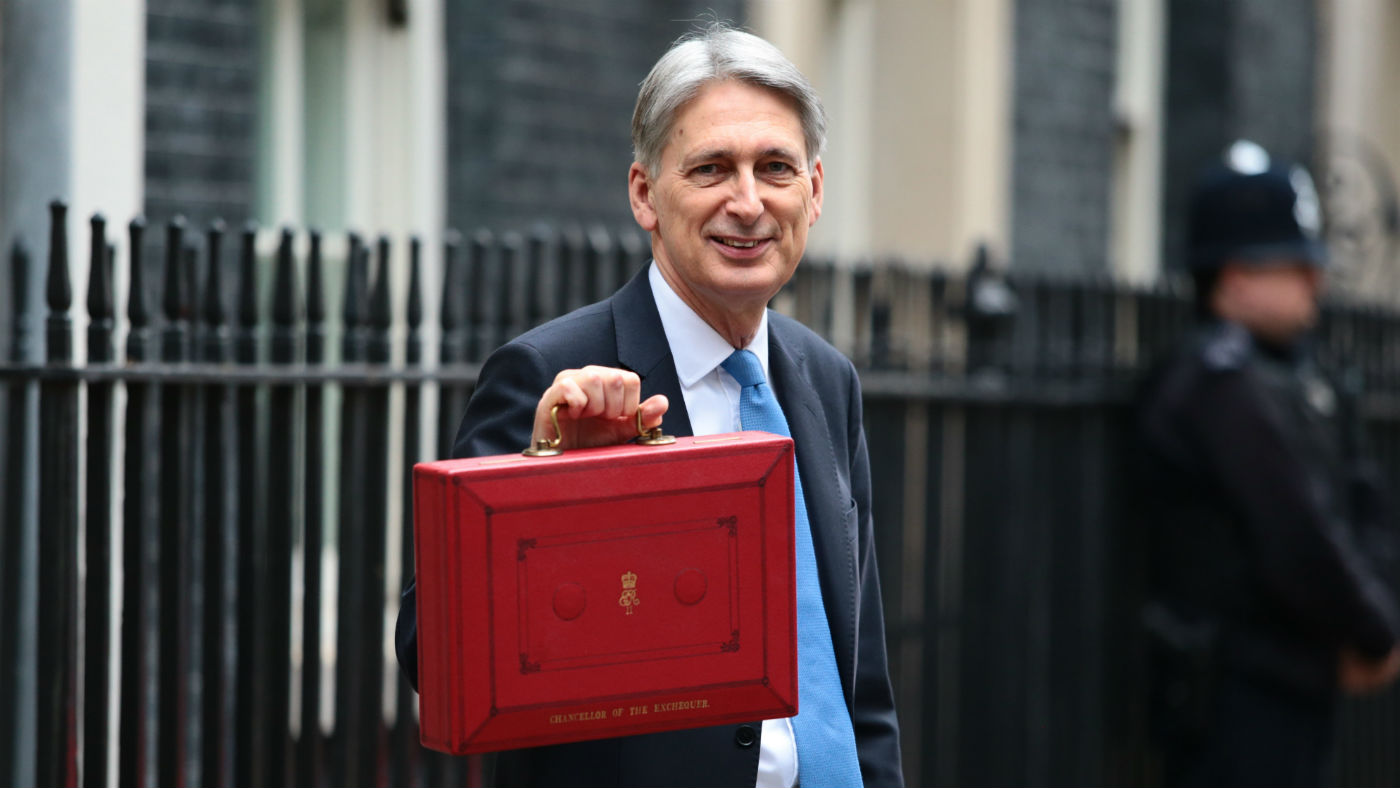 Surprise surplus gives Hammond wiggle room to splash the cash
Surprise surplus gives Hammond wiggle room to splash the cashSpeed Read Borrowing down and tax revenue up as figures reveal budget deficit lower than expected
-
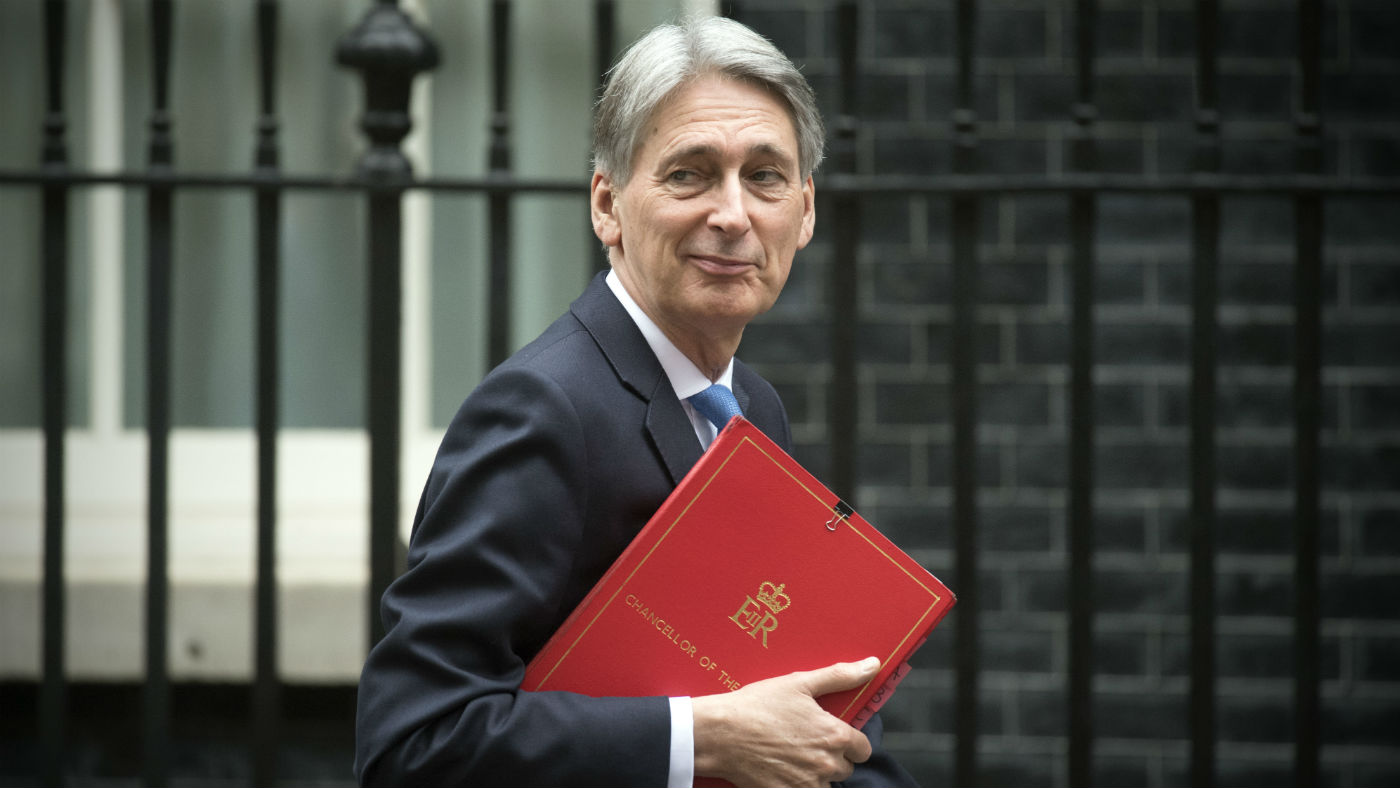 Has Philip Hammond just signalled the end of austerity?
Has Philip Hammond just signalled the end of austerity?Speed Read Chancellor says he could loosen public purse strings in autumn but warns of continued high debt
-
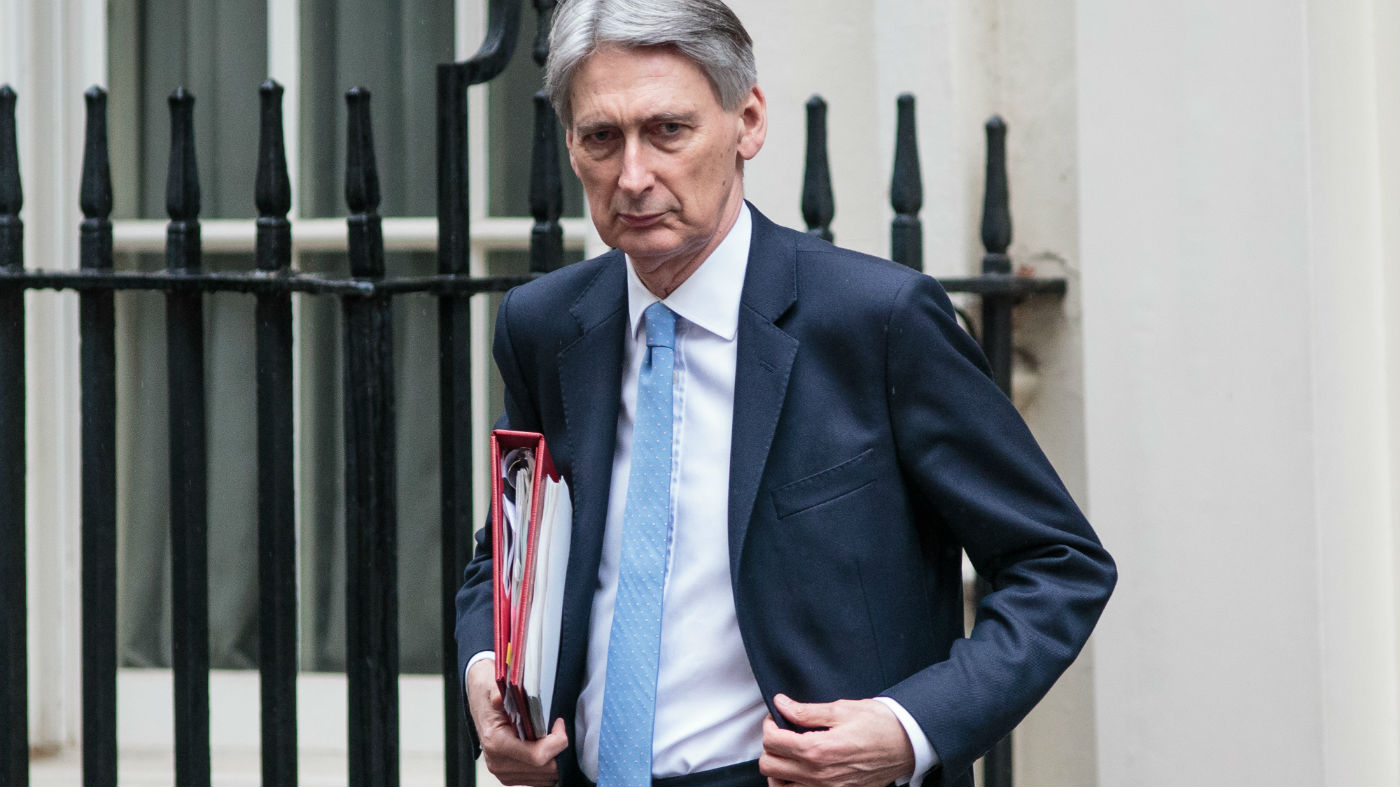 Budget 2017 summary: stamp duty down, diesel tax up and (a bit) more cash for the NHS
Budget 2017 summary: stamp duty down, diesel tax up and (a bit) more cash for the NHSIn Depth Highlights and instant analysis as the Chancellor presents his second Budget of 2017
-
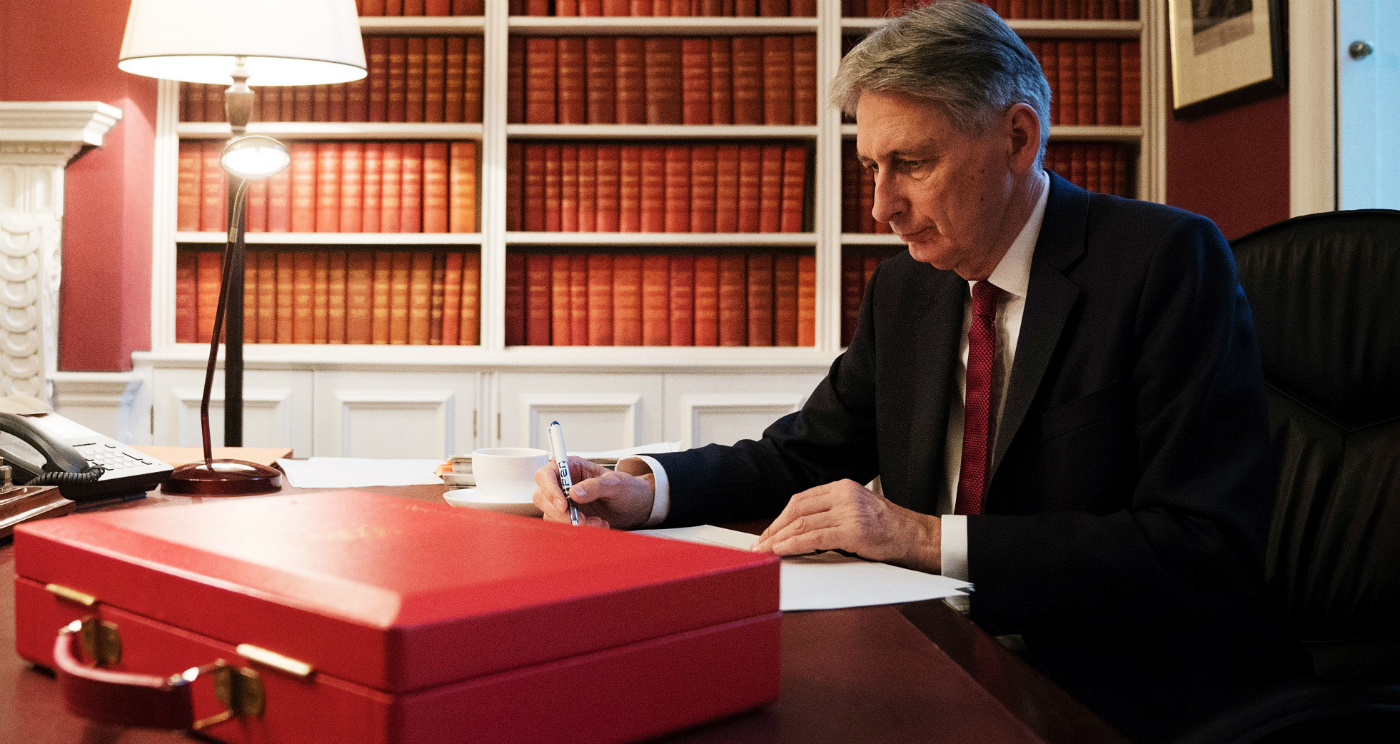 Budget 2017: what’s in Hammond’s red box?
Budget 2017: what’s in Hammond’s red box?In Depth In Depth: Chancellor weighs changes to corporate tax, student loans and pensions
-
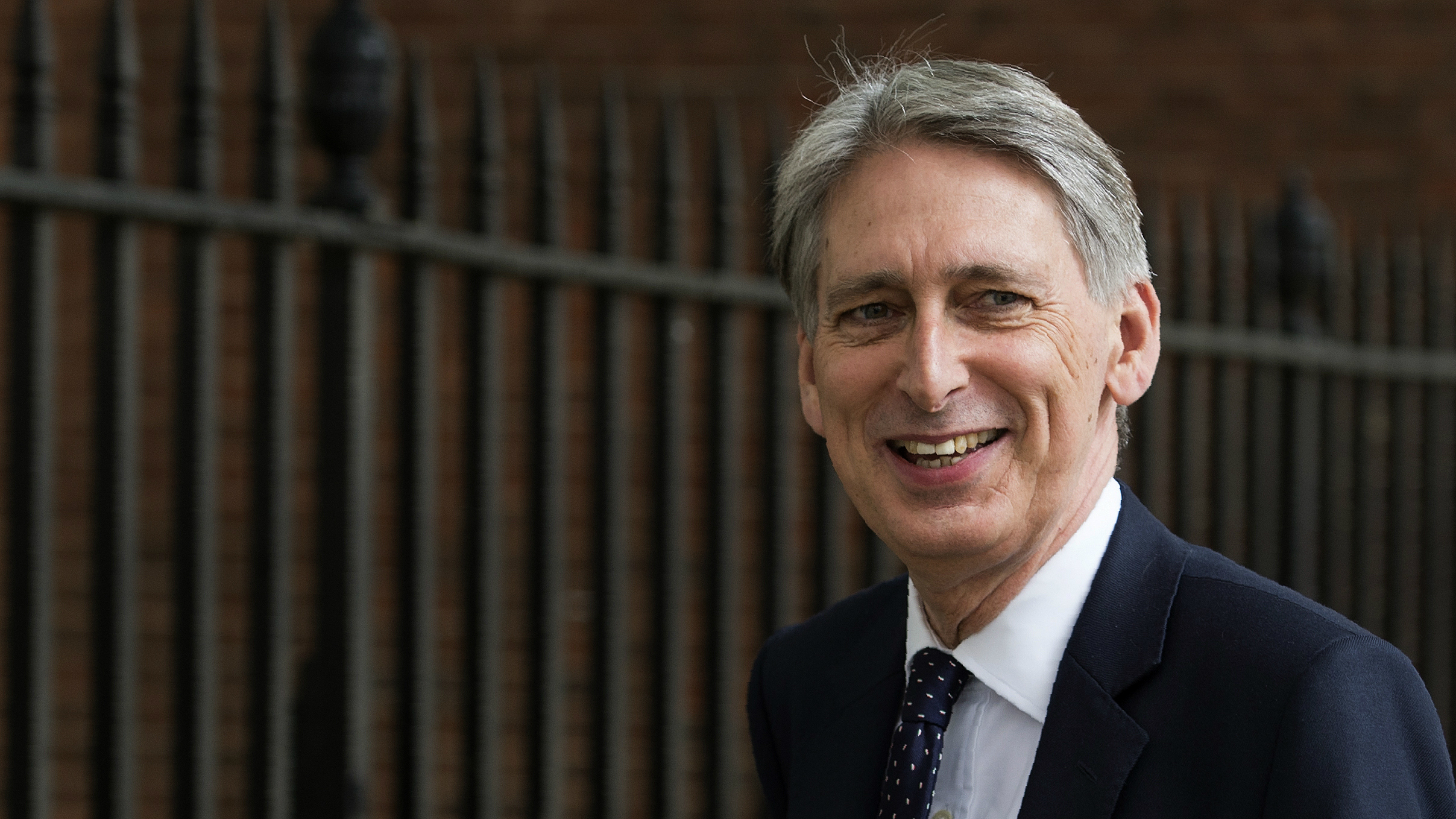 OBR calls for continued austerity as UK fails 'stress test'
OBR calls for continued austerity as UK fails 'stress test'Speed Read Public borrowing could spiral in years to come, warns Treasury watchdog
-
 Philip Hammond ditches help-to-buy scheme
Philip Hammond ditches help-to-buy schemeIn Depth Chancellor ends George Osborne's flagship policy, saying it has 'successfully' achieved its 'specific purpose'